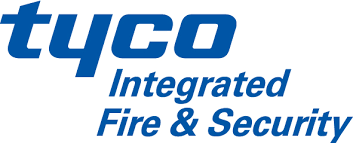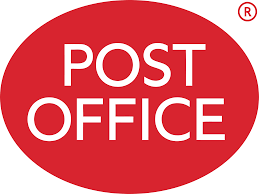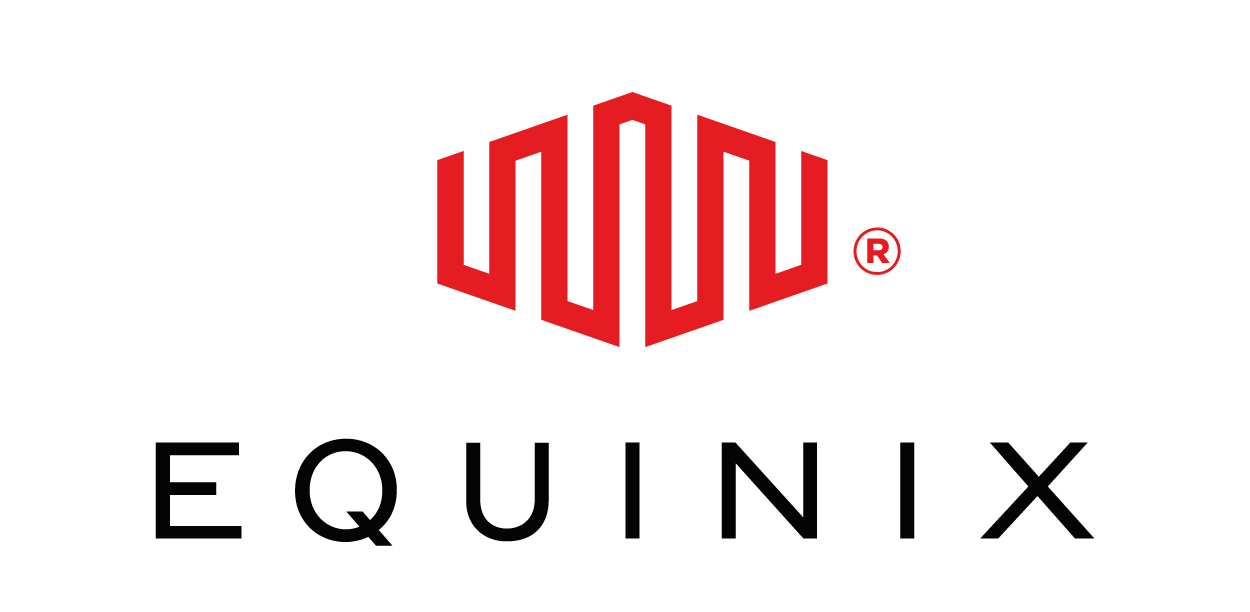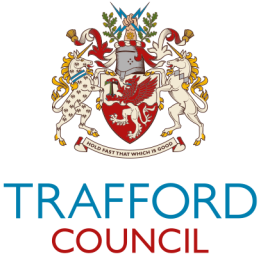Food Hygiene Certificate Guide for the UK
Food Hygiene Certificate Guide for the UK
Food safety is a paramount concern in the United Kingdom, both for consumers and the food service industry. Ensuring that food is prepared, stored, and handled in a safe and hygienic manner is crucial to prevent foodborne illnesses and maintain public health. One of the key tools in achieving this goal is obtaining a Food Hygiene Certificate. In this comprehensive guide, we will explore what a food hygiene certificate is, why it's important, and how to obtain one in the UK.
What is a Food Hygiene Certificate?
A Food Hygiene Certificate, also known as a Food Safety Certificate, is an official document that confirms an individual's or a food business's understanding and adherence to food safety and hygiene regulations. These certificates are awarded to those who have completed training and passed an examination that covers essential aspects of food safety.
What is Food Hygiene?
Food hygiene refers to the practices and measures taken to ensure that food is safe for consumption. It encompasses a wide range of activities, from food preparation and cooking to storage and serving. Proper food hygiene reduces the risk of contamination by harmful bacteria, viruses, or other contaminants that can lead to foodborne illnesses.
Importance of Food Hygiene:
Maintaining high standards of food hygiene is vital for several reasons:
Public Health: Contaminated food can lead to foodborne illnesses, which can be severe and even fatal in some cases. Proper food hygiene helps protect public health by reducing the risk of such illnesses.
Legal Compliance: Food businesses in the UK are legally required to adhere to food safety regulations. Failure to do so can result in fines, closure of the establishment, or even criminal prosecution.
Reputation: Food hygiene also plays a significant role in a business's reputation. A well-maintained, clean, and safe establishment is more likely to attract and retain customers.
Business Sustainability: Foodborne outbreaks can be financially devastating for businesses. Implementing proper food hygiene practices helps safeguard the sustainability of a food business.
What Food Hygiene Certificate Do I Need?
The type of Food Hygiene Certificate you need depends on your role and responsibilities within the food industry. In the UK, there are three main levels of food hygiene certification:
- Level 1 Food Hygiene Certificate:
This level is suitable for those with limited contact with food, such as kitchen porters or front-of-house staff. The Level 1 Food Hygiene certificate covers basic food safety principles, such as personal hygiene and preventing cross-contamination. It provides essential knowledge for individuals who handle food indirectly.
- Level 2 Food Hygiene Certificate:
The Level 2 Food Hygiene Certificate is appropriate for food handlers, including chefs, kitchen staff, and waitstaff. This certificate provides a more in-depth understanding of food safety and hygiene practices. It covers topics such as safe food handling, temperature control, and cleaning procedures.
- Level 3 Food Hygiene Certificate:
Designed for supervisors and managers in the food industry, the Level 3 Food Hygiene certificate delves into advanced food safety management and regulations. It is essential for those responsible for overseeing food safety practices within a food business, including developing and implementing food safety management systems.
The specific certificate you require will depend on your job role and responsibilities. To determine the appropriate level, consider your level of involvement with food and the degree of responsibility you have in ensuring food safety.
How to Get a Food Hygiene Certificate
Getting a Food Hygiene Certificate in the UK involves a few straightforward steps:
- Choose the Appropriate Level:
Determine which level of certification is suitable for your role within the food industry. Remember that different roles require different levels of knowledge and responsibility in food safety.
- Training:
Enrol in a training course from a reputable provider. Many organizations offer both in-person and online training options, making it convenient for individuals to access the necessary education.
- Attend Training:
Participate in the training course, which typically covers topics like food safety legislation, personal hygiene, cross-contamination, and food storage. The training provides you with the knowledge and skills required to handle food safely.
- Pass the Assessment:
After completing the training, you'll need to pass an examination to demonstrate your knowledge of food hygiene principles. The exam may consist of multiple-choice questions, case studies, or practical assessments, depending on the certification level.
- Receive Your Certificate:
Once you pass the exam, you'll receive your Food Hygiene Certificate. This certificate is valid proof of your food safety knowledge and competence. It's essential to keep a copy of your certificate and make sure it is readily available for inspection by relevant authorities.
Do I Need a Food Hygiene Certificate?
In the UK, food businesses have a legal obligation to ensure that their staff are trained in food hygiene to a level appropriate for their job. Therefore, if you work in any capacity in the food industry, it's highly likely that you will need a Food Hygiene Certificate. This requirement helps prevent foodborne illnesses, protects public health, and upholds food safety standards.
Legal Requirement: Under the Food Safety and Hygiene (England) Regulations 2013, food business operators must ensure that their staff are adequately trained in food hygiene based on their role. This includes having a sufficient number of staff with the appropriate level of certification.
Enforcement: Local authorities and environmental health officers have the authority to inspect food businesses to ensure compliance with food safety regulations. During these inspections, they may check for valid Food Hygiene Certificates among staff members.
Do All Staff Need a Food Hygiene Certificate?
Not all staff members require a Food Hygiene Certificate, as the level of certification varies based on job roles. While it is essential for food handlers, chefs, and kitchen staff to hold a certificate, other employees, such as administrative staff or delivery drivers, may not need one. It's crucial to assess the specific responsibilities of each role within your food business to determine who needs certification.
Roles Requiring Certification:
Food Handlers: Individuals who directly handle food, including preparation, cooking, and serving, must possess the appropriate Food Hygiene Certificate.
Kitchen Staff: Chefs, cooks, and kitchen assistants are responsible for food preparation and should have the necessary certification.
Waitstaff: Front-of-house staff who handle and serve food should also hold a valid Food Hygiene Certificate.
Roles Not Requiring Certification:
Administrative Staff: Employees who perform administrative tasks, such as booking reservations or managing accounts, may not need certification unless they have direct involvement with food handling.
Delivery Drivers: Those responsible for food delivery but not food preparation or handling may not require a Food Hygiene Certificate. However, they should maintain cleanliness and proper food transportation practices.
Maintenance and Cleaning Personnel: While essential for maintaining a hygienic environment, individuals responsible for maintenance and cleaning may not need a Food Hygiene Certificate, although relevant training is beneficial.
It's essential for food businesses to have a clear understanding of the roles within their establishment and ensure that the appropriate staff members have the necessary Food Hygiene Certificates.
How Long is a Food Hygiene Certificate Valid For?
Food Hygiene Certificates in the UK do not have a set expiration date. However, it is recommended to renew your certification every three to five years to ensure that you stay up-to-date with the latest food safety regulations and best practices. Additionally, some employers may require their staff to renew their certificates on a more frequent basis.
Reasons for Renewal:
Regulatory Changes: Food safety regulations may evolve over time. Renewing your certification allows you to stay current with any legislative changes.
Refresh Knowledge: Renewal provides an opportunity to refresh your knowledge of food hygiene principles, ensuring that you continue to practice safe food handling.
Employer Requirements: Some employers may have policies in place that require staff to renew their Food Hygiene Certificates periodically to maintain high standards of food safety.
In conclusion, obtaining a Food Hygiene Certificate is a fundamental step in maintaining food safety and public health in the UK. Whether you are a food handler, supervisor, or manager, the right certification can help you demonstrate your commitment to food hygiene and ensure that the food you serve is safe for consumption. So, don't delay – take the necessary steps to get your Food Hygiene Certificate today and contribute to a safer and healthier food industry. By doing so, you'll not only protect the health of consumers but also enhance the reputation and sustainability of your food business.












